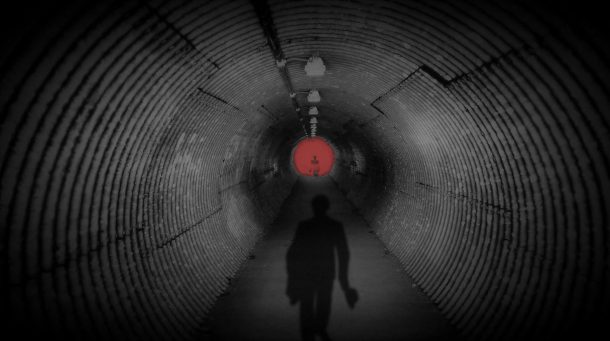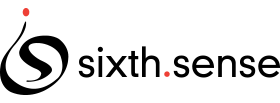
It’s been an anxiety-provoking year! So, if you are feeling more than a little strung-out, here are some practical, science-based tips to help.
First thing to recognise is that anxiety and fear are close relatives. Both are felt in the body in similar ways. Fear is something that’s a pre-programmed response to an external stimulus, whilst anxiety is a similar response to an imagined threat (but no less real).
Next off, it’s important to get a baseline on your anxiety. You’ll feel it in your striated muscles (the ones that allow you to move) and your smooth muscles (the ones that are involved in processes like digestion). You’ll also experience some changes to the way you think.
So, what’s going on for you, where in your body are you feeling your anxiety and what is the pattern of your thoughts?
Calm your body before you try and calm your mind. Focus on your breathing; slow it down and breathe into your belly. Then breathe in – to the count of four and out – to the count of six. As we discussed last time, this is a bio-hack: it has a profoundly calming effect.
Once your body is calmer, apply the AWARE technique:
- Accept that you are anxious but don’t judge the feelings. Don’t push them away, feel embarrassed about them, intellectualise them or project them onto others. Just accept them.
- Watch your anxiety. Become a calm observer of yourself. All feelings pass in time and anxiety is no different. Even the worst anxiety attacks rarely last more than an hour. Even panic fades …
- Act normally. The worst thing you can do with anxiety is stop everything and let it dominate your life. If you get into the habit of avoiding the things that make you anxious, you will feed your anxious feelings. Try a process of graded exposure. Think about what’s making you anxious whilst working with your breath. Face the anxious thoughts with a calm body (see lasts week’s blog for more on the relaxation response). Take one step at a time, but go forwards. Gently approach your fears …
- Repeat this until you start to feel better. Celebrate small achievements and be kind and patient towards yourself.
- Expect the best. Try and stay positive. Do things that help you and remember that anxiety is a learned state – and that which has been learned can be unlearned!
Whilst it’s good to focus on your body, a lot of anxiety is going to come from your head. Make friends with your anxious thoughts. Name them, gently challenge them and talk to yourself like you’d talk to a close friend. Ask yourself (without judgement) – what are the advantages and disadvantages of me thinking like this and what alternative thoughts could I have?
If all else fails, do remember that in some ways we are all a bit like malfunctioning computers … sometimes all that’s need is to turn off, disconnect, wait a while and then turn back on again!
Get in touch if you’d like to know more. We are here to help: [email protected]

Start The Discussion